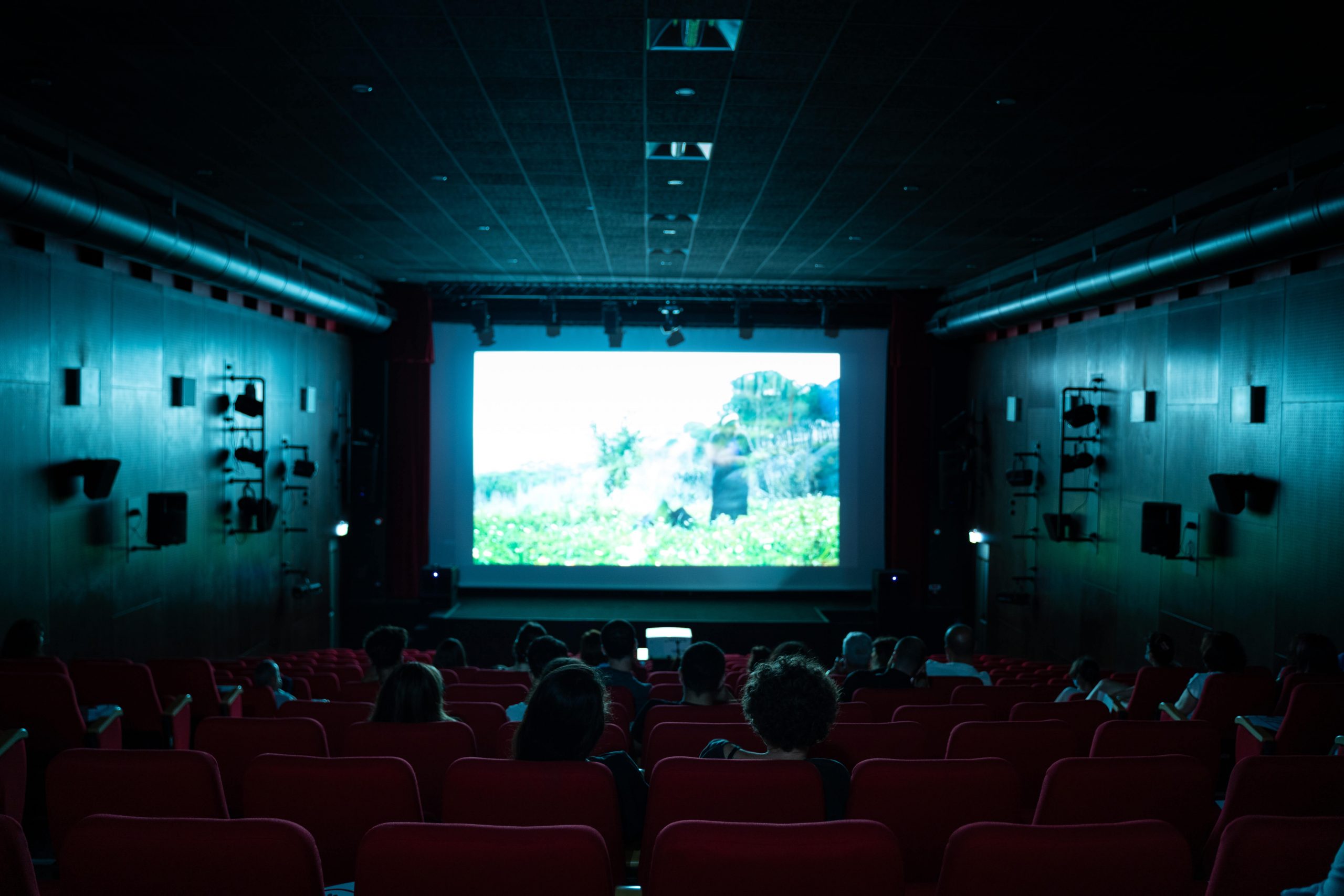Lifestyle
7.14.2021
After the pandemic, a look back on the independent Arab cinema situation

At the beginning of 2020, Metropolis Beirut, one of the most iconic independent cinemas in the Middle East, had to close its doors after 14 years of existence. A big hit for the Arab independent film industry of the region.
In 2006, there were no cinema dedicated to international, local or Lebanese arthouse films in the Middle East. Independent films never made it to the commercial screens and were only shown occasionally during festivals such as Ayyam Beirut al Cinema’iya or the European Film Festival. The Metropolis Beirut association was created in this context, in order to support, promote and disseminate independent films in Lebanon. Thirteen years later, the social uprising of the thwara and economic reasons forced the association to close its venue and suspend its activities as a response to the call for a general strike. A big hit for the Arab independent film industry. Fortunately, since June 18th and till the 31th of July, the iconic Lebanese cinema is coming back with the 16th edition of the international documentary film festival, Écrans du réel. An event organized by the Metropolis Cinema Association in partnership with the Institut français du Liban, with the support of GIZ Civil Peace Service, and in collaboration with Ishbilia Theatre & Art-Hub, Beirut Art Center, Action4Hope, Al Fundok and Hammana Artist House. Come back to this cinematic troubled year and the situation of Arab independent cinema industry with Hania Mroué, founder and director of Metropolis Beirut Cinema.
What have you done since you closed the doors of your screening venue at Sofil in the beginning of last year?
The loss of the venue we had been programming for the last 10 years was very difficult but pushed us to rethink our priorities and our structure. During the pandemic, we focused on administrative work that could be done remotely as well as our online activities that involved developing an online database for Lebanese films called Cinematheque Beirut. We also started programming again in December 2020, in a first attempt to partner up with various institutions & venues in the country to propose a more nomadic format. In the first quarter of 2021, we focused on our heritage film project by launching the online bilingual database and programming an online series of heritage films focusing on rebellious women in the Lebanese cinema in partnership with the streaming platform Aflamuna.
How did the pandemic affect the Arab cinema industry, and how did it manage to survive?
The pandemic brought with it the closure of cinema halls and the suspension of many festivals and shootings. This affected the whole distribution chain of films that neither had the possibility to be finished, nor to be shown to the public at a festival or released in a cinema. A way to survive has been to sell rights to VOD platforms such as Netflix and Shahid, that allowed income generation and alternative circulation of films. But this is a double edged sword, as sales to VOD platforms compromises the future release of films in cinemas as the audience would have already had access to the films at home prior to their release thus jeopardising box office revenues that are an important source of income especially for independent films.

How did you maintain the relationship with Lebanese creators and filmmakers?
Since October 2019, one of our main shifts in priorities has been to focus our programming on Lebanese and Arab films as a way to support (especially financially by paying screening fees) the filmmakers and producers that lost a lot during the pandemic and after the explosion. It is also a way to offer the possibility to show their films in good technical conditions giving value to the work they have done.
How did the association manage to rise from its ashes?
If our venue closed down, the Association’s work never stopped. We just focused on less public activities that included internal restructuring. As soon as we were able to program again, we did so to see if the audience was still there and we discovered that the desire to go to the cinema was as strong as ever.
You came back on screens with the 16th edition of the international documentary festival Ecrans du reel? Why did you choose this festival in particular?
The 16th edition of Ecrans du Reel was supposed to take place in Spring 2020 but was cancelled due to the first lockdown. It was obvious for us that when we wanted to come back with more regular programming we would start with this festival as we feel documentary films allow us to open up urgent and relevant subjects and discussions, inviting people to converse and to meet around a film. This encounter between film and audience is at the heart of Metropolis’ mission.
Can you present the programmation this year?
This year’s program is focused on films that propose various modes of resistance. From political, environmental, social to cultural resistance, the films in this program show us the courage of those that still believe they can make a change in a world that is collapsing.
popular

